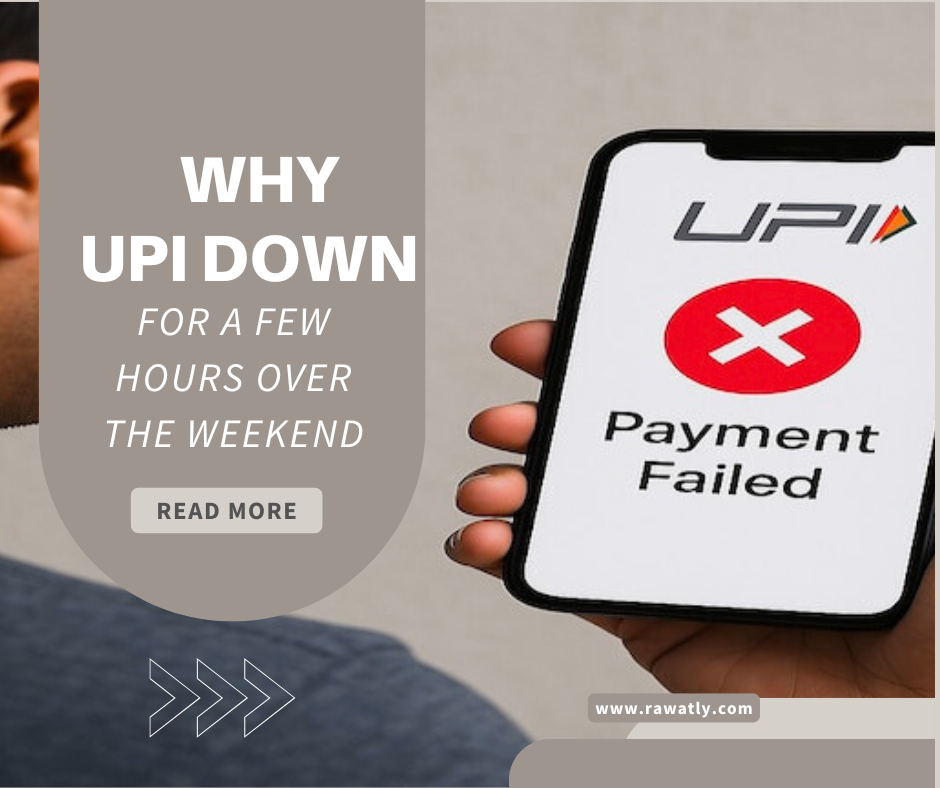
Starting a business is often seen as a venture reserved for those with deep pockets. However, success stories abound of entrepreneurs who have launched thriving startups without significant financial backing. You can achieve your dreams on a shoestring budget with creativity, resourcefulness, and strategic thinking. Here are some actionable tips from successful founders to help you launch your startup on a small budget.
1. Validate Your Idea
Before investing time and resources, ensure your startup idea has real potential. Conduct market research to understand your target audience and their needs. Tools like surveys, focus groups, and social media polls can provide invaluable insights without costing a fortune.
2. Bootstrap Wisely
Bootstrapping means funding your startup through personal savings or revenue generated from the business. This approach can help you maintain full control without the pressure of investor expectations.
Action Steps:
- Keep your day job while you build your startup.
- Use your savings judiciously and prioritize essential expenditures.
- Consider low-cost marketing strategies, like social media and word-of-mouth.
Tip from a Founder: Mark, who launched a software company, said, “I used my salary to fund the initial stages. It was tough, but it kept me focused and disciplined.”
3. Build a Lean Team
Assemble a small, dedicated team that shares your vision. Look for co-founders or employees willing to work for equity or lower salaries in exchange for the potential upside.
Action Steps:
- Leverage freelance platforms to find skilled professionals for specific tasks.
- Consider internships or collaborations with local universities for eager talent.
Tip from a Founder: Emma, a tech entrepreneur, shared, “I found my co-founder through a networking event. We complemented each other’s skills perfectly, making us a strong team without needing a large workforce.”

4. Use Free or Affordable Tools
Numerous online tools can help you manage various aspects of your business at little to no cost. From project management to accounting, take advantage of these resources.
Recommended Tools:
- Project Management: Trello or Asana
- Accounting: Wave or QuickBooks Online
- Marketing: Mailchimp (for email marketing) and Canva (for design)
Tip from a Founder: Kevin, who runs a digital marketing agency, said, “I relied on free tools initially. They allowed me to operate efficiently without breaking the bank.”
5. Network, Network, Network
Building relationships with other entrepreneurs, mentors, and industry professionals can provide invaluable guidance and opportunities. Attend local meetups, workshops, and networking events to connect with like-minded individuals.
Action Steps:
- Join relevant online communities and forums.
- Participate in local entrepreneurial events and co-working spaces.
Tip from a Founder: Lisa, founder of a health tech startup, noted, “Networking opened doors I never imagined. I met my first investor at a local startup event, and that changed everything.”
6. Focus on Customer Acquisition
A strong customer base is crucial, especially when starting on a budget. Concentrate on building relationships with your initial customers and use their feedback to improve your products or services.
Action Steps:
- Utilize social media to engage with your audience.
- Implement referral programs to encourage word-of-mouth marketing.
Tip from a Founder: Tom, owner of a food delivery service, shared, “I offered discounts to early customers in exchange for referrals. It created a buzz and helped me grow my customer base quickly.”
7. Embrace the Power of Content Marketing
Content marketing is an excellent way to establish your brand while keeping costs low. Create valuable content that resonates with your audience, such as blog posts, videos, and infographics.
Action Steps:
- Start a blog related to your industry to showcase your expertise.
- Utilize SEO strategies to increase visibility and attract organic traffic.
Tip from a Founder: Rachel, a wellness coach, said, “I started blogging about my journey and shared tips. It drew in clients who appreciated my authenticity and knowledge.”
8. Seek Out Grants and Competitions
Look for grants, competitions, and incubator programs designed to support startups. These opportunities can provide funding, resources, and mentorship without giving away equity.
Action Steps:
- Research local and national grants for your industry.
- Participate in startup competitions to gain exposure and potential funding.
Tip from a Founder: Jake, who founded a sustainable fashion brand, remarked, “Winning a local startup competition not only provided funds but also connected me with invaluable mentors.”
9. Be Adaptable and Open to Feedback
Flexibility is key when launching on a budget. Be open to feedback and willing to pivot your business model or offerings based on market demands.
Action Steps:
- Regularly solicit feedback from customers and team members.
- Stay informed about industry trends and adapt accordingly.
Tip from a Founder: Megan, founder of an eco-friendly product line, noted, “Being adaptable allowed me to refine my products based on customer feedback, ultimately leading to greater success.”
10. Stay Resilient and Keep Learning
The startup journey is filled with challenges. Maintain a resilient mindset and embrace continuous learning. Attend workshops, read books, and seek mentorship to enhance your skills.
Tip from a Founder: Alex, who runs a tech startup, said, “Every setback was a lesson. Embrace the journey, stay persistent, and never stop learning.”
India Approves $119 Million Fund for Space Startups: A New Era for Indian Space Innovation
Conclusion
Launching a startup on a small budget can also be a rewarding journey with valuable lessons. By validating your idea, bootstrapping wisely, building a lean team, and leveraging available resources, you can turn yours into reality. Remember, many successful entrepreneurs started with little more than an idea and the determination to see it through. Stay focused, adaptable, and resilient your startup could become the next success story.





























